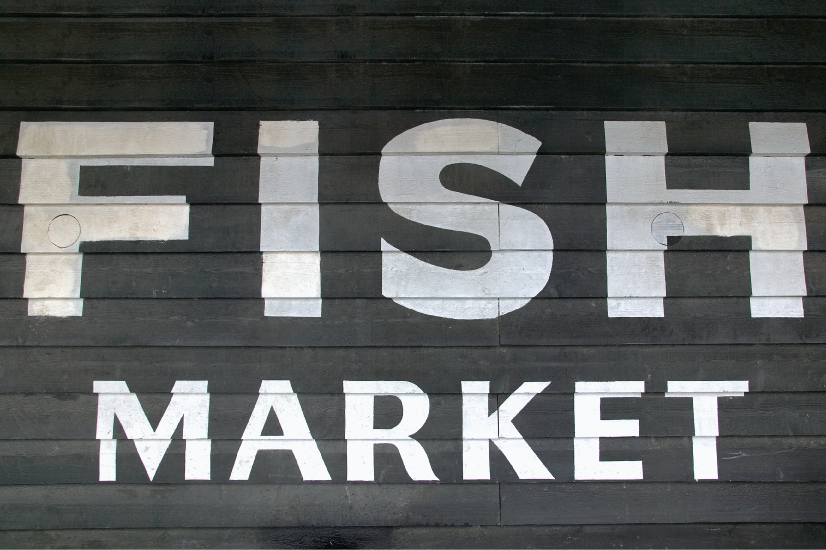
There’s a new opportunity to learn how to design to save the world: a $10K scholarship from MFA Design for Social Innovation. Just announced, the scholarship honors the three decades of innovative and inspiring work by Paul Polak to transform traditional approaches to poverty alleviation. Polak, CEO and Founder of Windhorse International, has helped design and launch extremely low-cost products that can generate income, offering millions of people a pathway out of poverty. He is an expert in how to use business as a positive disruptive force, a strategy we embrace.
Recently he reflected on the fate of the “appropriate technology movement” —an effort to engage more designers to apply their talents to make a difference for the poor. Despite years of effort and millions of dollars in resources expended, many of the inventions born of this initiative failed to gain traction. Several of the institutions and organizations associated with it closed shop. The root cause, according to Polak, was a lack of market awareness.
He says that “the appropriate technology movement died because it was led by well-intentioned tinkerers instead of hard-nosed entrepreneurs designing for the market.” By creating impressive, but wildly unrealistically priced products to serve the poor, inventor after inventor, organization after organization, failed. Ending poverty is a big challenge. Effective solutions require wide-scale adoption, so they must be both useful and affordable to those in need. They must be designed with the market in mind.
Designing solutions with the market in mind from the start provides the practical constraints that become pathways to scale down the road. Polak’s commentary ends by noting that “a new generation of designers is creating tools and strategies that release market forces to achieve impact and scale in initiatives to end poverty.” But, to be truly successful, he argues, will require a “ruthless pursuit of affordability” as an essential component of their design process. Whether it is designing products to help end poverty or designing projects to help restore oyster reefs, a disciplined adherence to market forces serves us well if we want to have impact at the large scale required for real change.



